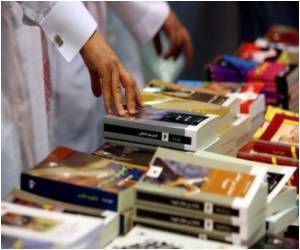
Failure to do so would result in publication of the books being halted completely, the ministry said.
The 41 corrections demanded by the ministry involved writings on subjects ranging from civilian killings during the 1950-53 Korean War, territorial disputes with Japan and North Korean human rights abuses.
"The most important factors for determining the subjects of modification were if there are any factual errors and elements that could negatively affect students' perspective of the right historical events," Deputy Education Minister Na Seung-Il told reporters Friday.
The directive follows a row that was triggered in August by protests from liberal opposition lawmakers over one particular textbook which they accused of a pronounced right-wing bias.
Ruling conservative MPs countered by challenging a perceived left-wing bias in a handful of other textbooks.
Advertisement
Of particular sensitivity are the 1910-45 period of Japanese occupation, the division of the peninsula into North and South, post-Korean War military rule, the pro-democracy movement of the 1980s and 1990s, and pretty much anything to do with North Korea.
Advertisement
High school textbooks have been a proxy battlefield for these ideological forces before, most recently in 2004 when conservatives took exception to a perceived left-leaning publication.
Source-AFP








